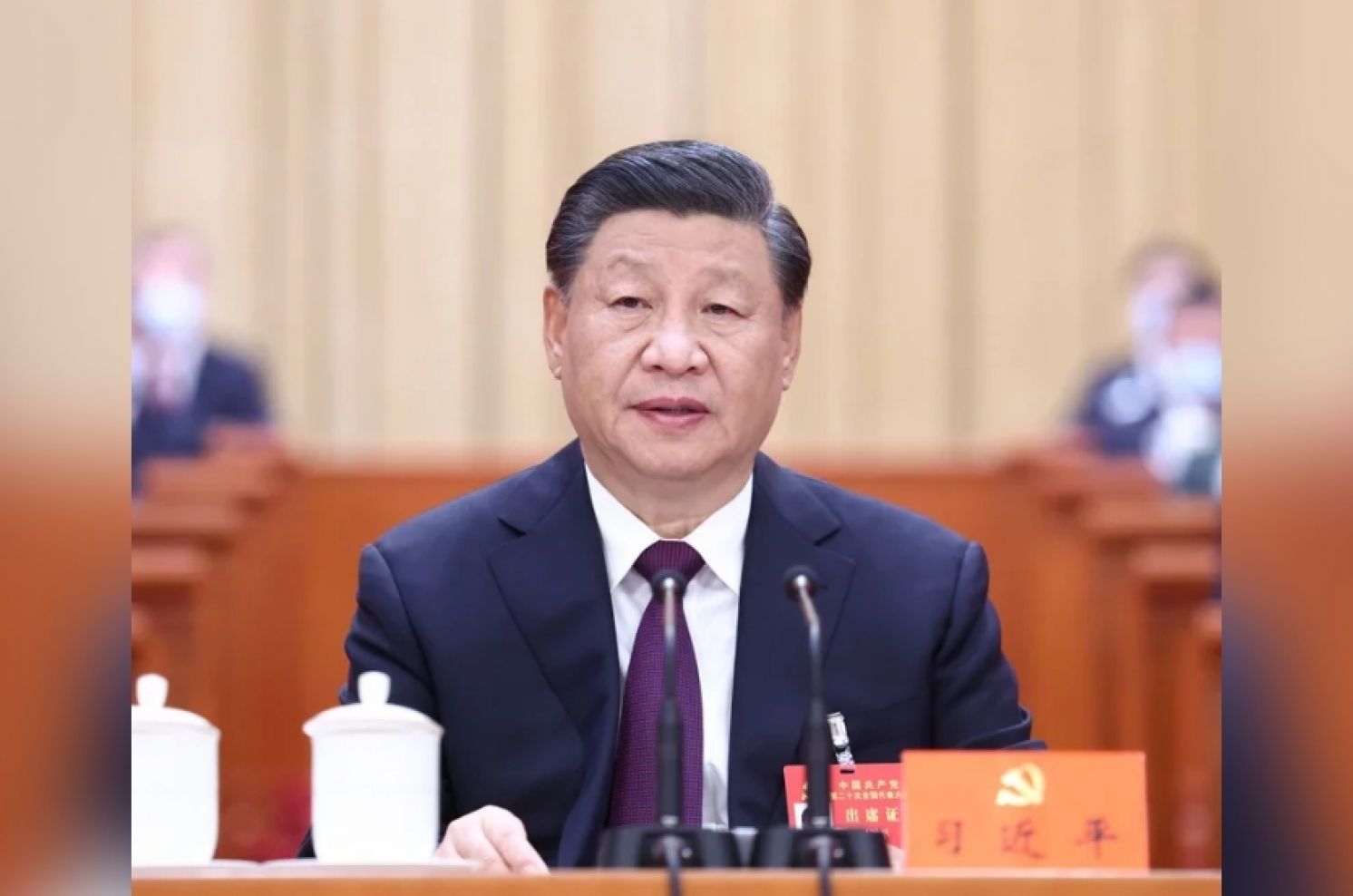
This Week in Taiwan 1016-1022
October 16: In his political report at the opening ceremony of the 20th National Congress of the Chinese Communist Party, General Secretary Xi Jinping stated that China shall strive for peaceful reunification but never promise to renounce the use of force and will adhere to improving "One Country, Two Systems" to promote reunification. According to the Office of the President, the Republic of China (Taiwan) is a sovereign and independent state, and the people of Taiwan believe in and are committed to freedom and democracy. The mainstream public opinion in Taiwan is firmly opposed to "One Country, Two Systems."
October 16: The outer circulation of Typhoon Nesat brought heavy rainfall, hitting northern Taiwan hard. Large-scale landslides occurred at the Provincial Highway 7 in Yilan and well-known landmarks, blocking traffic. A landslide occurred near the Bojue Shanzhuang community in Xizhi District, New Taipei, but fortunately no one was injured.
Many places in Taipei experienced floods, and Mayor Ko Wen-je was criticized for failing to return to Taipei in time to manage the disaster, from attending campaign rallies in Taichung. Mayoral candidate Chen Shih-chung was also ridiculed for wearing leather shoes to survey areas hit by the disaster.
October 17: As of the end of August, the weighted index of Taiwan stocks fell by 17.8 percent, and the labor fund lost NT$320.46 billion. Minister of Labor Hsu Ming-chun stated frankly that investments will inevitably produce winners and losers, and it is difficult to turn returns positive this year. Scholars have criticized that losses of the labor fund are due to the government's utilizing it to support the stock market at the expense of workers.
October 18: After interpellation at the Legislative Yuan, Premier Su Tseng-chang felt discomfort and tested positive with the coronavirus (COVID-19) and must be isolated at home for at least seven days. On September 21, Premier Su had just been inoculated with a fourth dose of Medigen vaccine, and more than 14 days have elapsed, making critics question Medigen's efficacy.
October 19: Japan requires that travelers must be inoculated with internationally certified vaccines to enter the country, but Medigen vaccine is not among them, triggering public backlash. Wang Pi-sheng, who heads the Central Epidemic Command Center (CECC), stated that effective immediately, those who have been vaccinated with the Medigen vaccine and need to go abroad may receive one to three additional doses of other vaccines approved and imported to Taiwan. The policy is estimated to be applicable to about 30,000 to 1 million people. Experts indicate that the move is equivalent to declaring the Medigen vaccine invalid and criticize the government for blocking various civil society groups from procuring international vaccines and forcing young people to receive the Medigen vaccine. Chen Shih-chung, former commander of the CECC, should bear the greatest responsibility.
October 20: Secretary of State Antony Blinken warned again that Beijing will use "any means necessary," including military force, to seek rapid reunification. During interpellation at the Legislative Yuan, Director-General Chen Ming-tong of the National Security Bureau responded that Communist China's envisaged time to complete its military preparations is 2027, but it may negotiate with the threat of war in 2023. He also declared solemnly that the Beijing authorities has no chance of winning if it attacks Taiwan by force.
During interpellation, Minister of National Defense Chiu Kuo-cheng responded that based on military mobilization and intelligence, there is no sign that mainland China will attack Taiwan prematurely.
October 20: The Economic Leaders Meeting of the Asia-Pacific Economic Cooperation (APEC) will be held November 18 to 19 in Bangkok, Thailand. President Tsai Ing-wen announced that Morris Chang, founder of the Taiwan Semiconductor Manufacturing Company (TSMC), will represent her as the leader's representative for the fifth time.
October 21: Candidates in the November 26 local elections completed their number draws, symbolizing the official start of the election campaign. The Central Election Commission (CEC) announced recently that people who test positive or are in quarantine may not vote, triggering a constitutionality dispute. Wang Pi-sheng, who heads the CECC, stated that he will study whether the "7+7" quarantine system should be changed to "3+4" or "0+7." The CEC also stated that if the epidemic prevention measures are adjusted, electoral arrangements will also be reviewed.